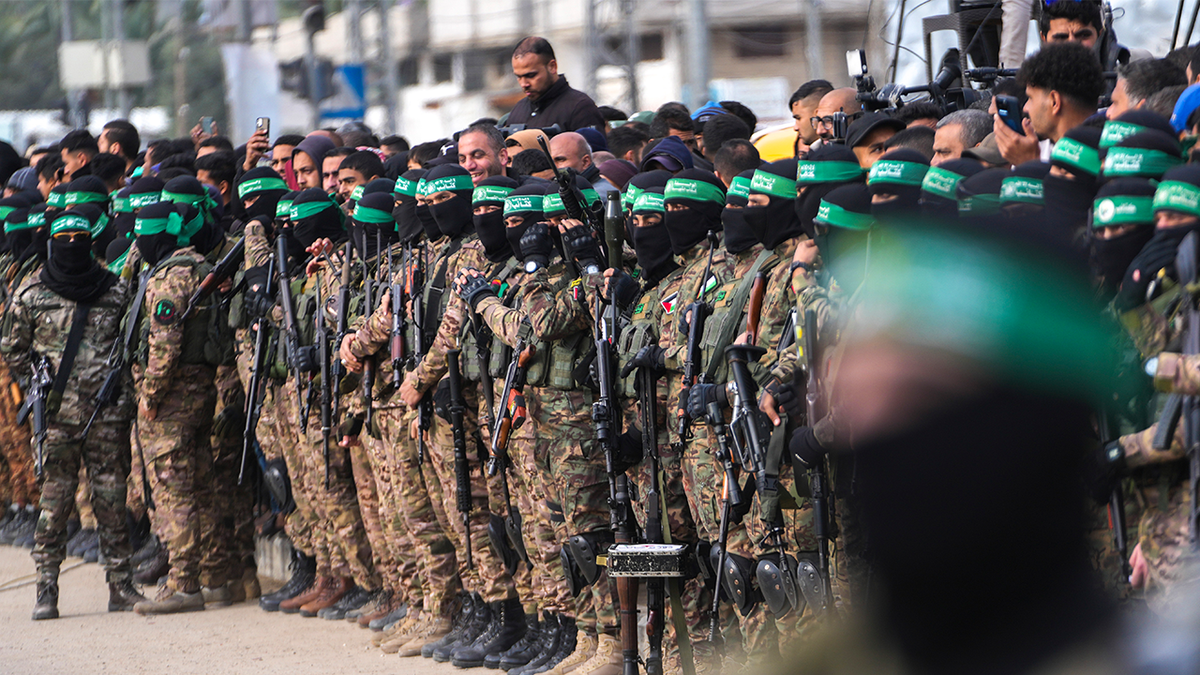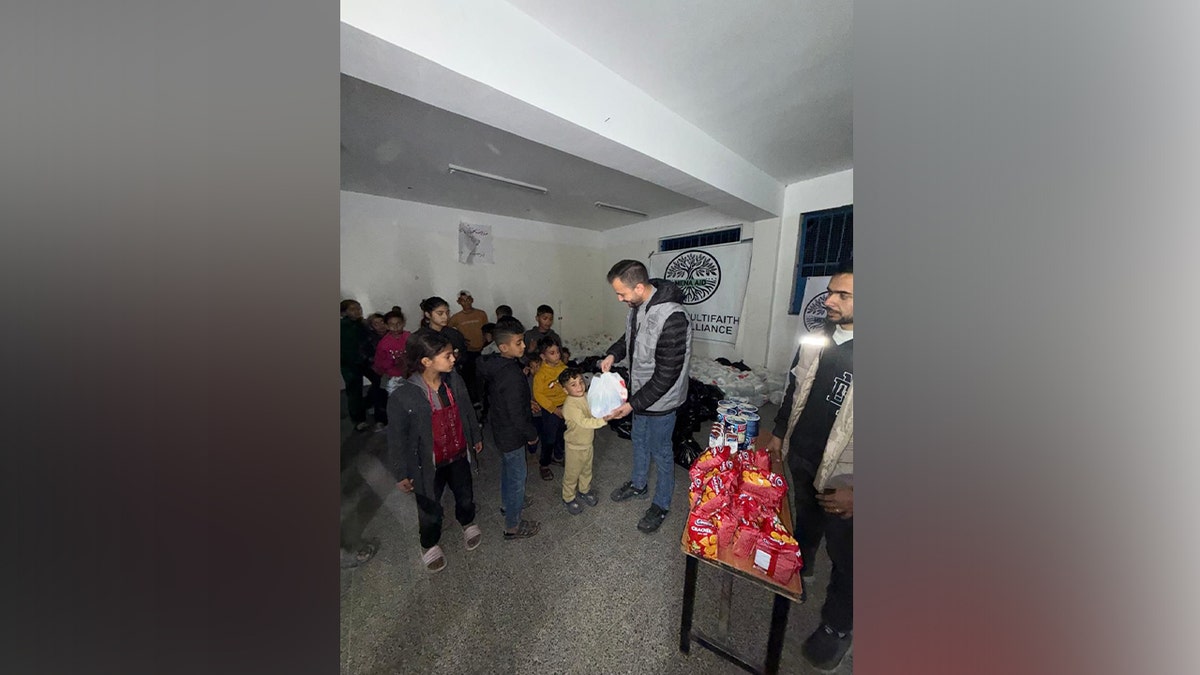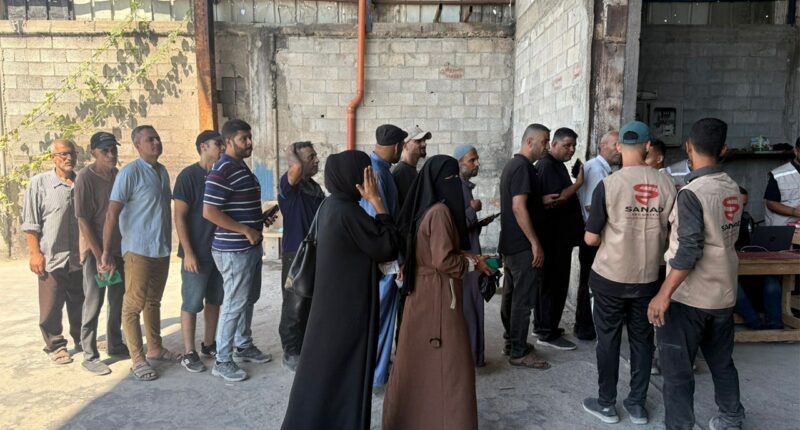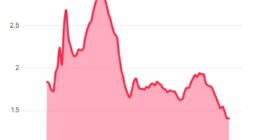Share this @internewscast.com
“Many businessmen in the private sector, including those linked with Hamas and other political groups, attempt to exploit aid for personal gain,” she stated. “Due to the severe shortage of goods and high prices, some individuals steal aid to sell it in the market, while others aim to control supply routes to resell items.”
According to Awaidah, her team’s effectiveness posed a threat to those benefiting from the scarcity. By introducing free goods into the market, they not only nourished families but also reduced the inflated prices of essentials like sugar and flour.
“If there’s no sugar in Gaza, and we bring it in for free, they can’t keep selling it at outrageous prices,” she said. “So we became their problem.”
Israeli authorities sought to dismantle these private-sector operations by closing routes that facilitated commercial exploitation. Although this curbed some corruption, it rendered the remaining humanitarian routes more perilous.

Hamas terrorists take up positions ahead of a hostage release in Deir al-Balah, central Gaza Strip, Feb. 8, 2025. (AP)
“With the private sector blocked, those deprived of their profits intensified efforts to threaten and infiltrate the humanitarian routes,” she explained. “Since they couldn’t control it, they attempted to dismantle it – and target me personally.”
Threats to her safety emerged rapidly. “I began receiving death threats not only from Gaza but also from the West Bank. Distressingly, some threats originated from individuals I once trusted.”
She recounted a particularly painful betrayal from someone close to her. “I discovered I was engulfed in a relationship built on deceit,” she shared. “This individual belonged to a group aiming to exploit the aid operations, and he attempted to manipulate me. I stood my ground and ensured that neither he nor others like him gained access. Now, I face personal danger because I resisted allowing the private sector to co-opt aid for profit or enable political figures to manipulate it for their own purposes.”

Aid workers delivered food to Gazans in the northern part of the enclave last week. (Multifaith Alliance)
For Awaidah, the families she helps are the reason she refuses to quit. “We created a distribution model based on verified beneficiary lists, using ID checks to ensure fair and dignified access to food,” she said. “People stood in line calmly, organized, even in impossible conditions. That’s something the media rarely shows – the dignity and patience of the people.”
In the past month alone, her group has delivered 75 trucks and has another 112 on the way from Ashdod. Each day, she focuses on the mission, even as the threats grow.
“What broke me most wasn’t the threats from strangers – it was realizing that people close to me were part of it,” she said. “It’s easier to fight enemies from the outside. But when it comes from your own circle, it cuts deeper. Still, that only confirms we’re doing something right. If they’re losing their minds over this, it means the mechanism we built works. It means it’s secure. It means they couldn’t find a way to manipulate it, so they tried to break me instead.”
She knows the risks. But for her, the alternative is worse. “I will not stop. And they will not stop me,” she said, “I will continue delivering aid to the people who need it, no matter the threats. That’s my promise.”
For Awaidah, standing up to corruption has come at a steep personal cost. But for the families in Gaza who have stood in her food lines, she has already changed what once felt impossible: getting a fair share of help, without a price tag.

















